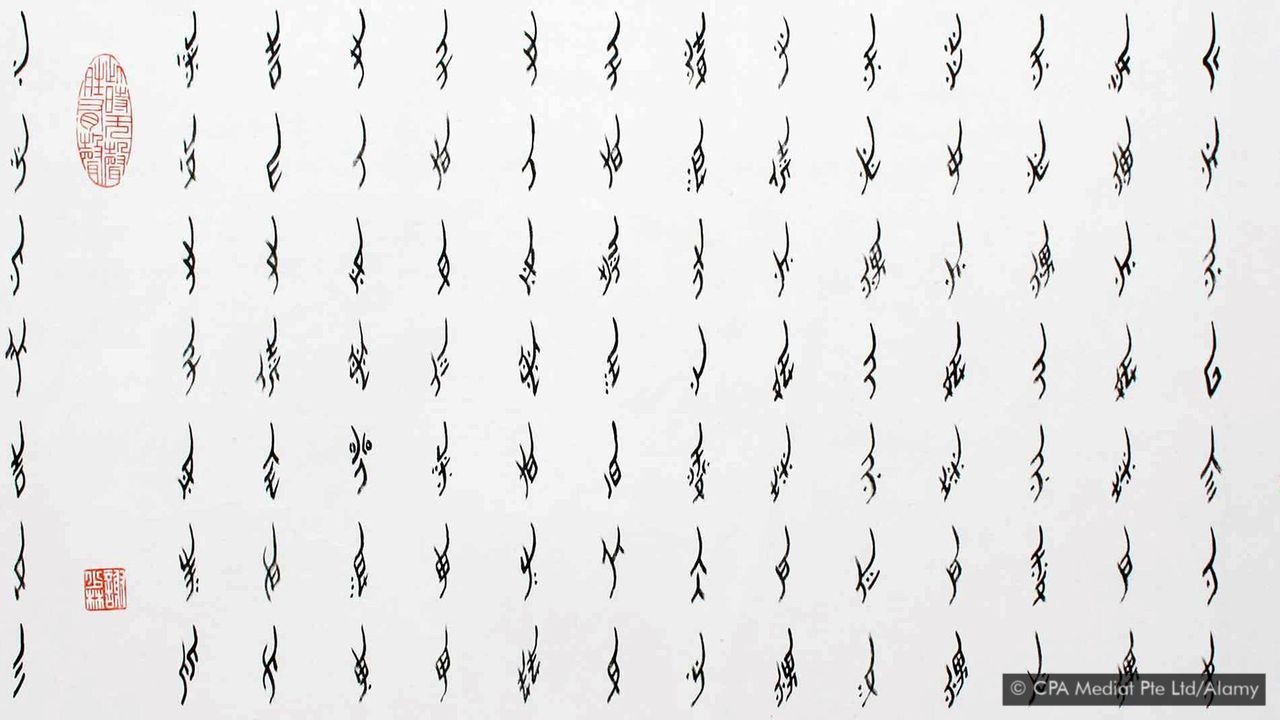Farhad Manjoo, "Call Me 'They'", NYT 7/10/2019:
The singular “they” is inclusive and flexible, and it breaks the stifling prison of gender expectations. Let’s all use it.
I am your stereotypical, cisgender, middle-aged suburban dad. I dabble in woodworking, I take out the garbage, and I covet my neighbor’s Porsche. Though I do think men should wear makeup (it looks nice!), my tepid masculinity apparently rings loudly enough online and in person that most people guess that I go by “he” and “him.” And that’s fine; I will not be offended if you refer to me by those traditional, uselessly gendered pronouns.
But “he” is not what you should call me. If we lived in a just, rational, inclusive universe — one in which we were not all so irredeemably obsessed by the particulars of the parts dangling between our fellow humans’ legs, nor the ridiculous expectations signified by those parts about how we should act and speak and dress and feel — there would be no requirement for you to have to assume my gender just to refer to me in the common tongue.
Read the rest of this entry »




